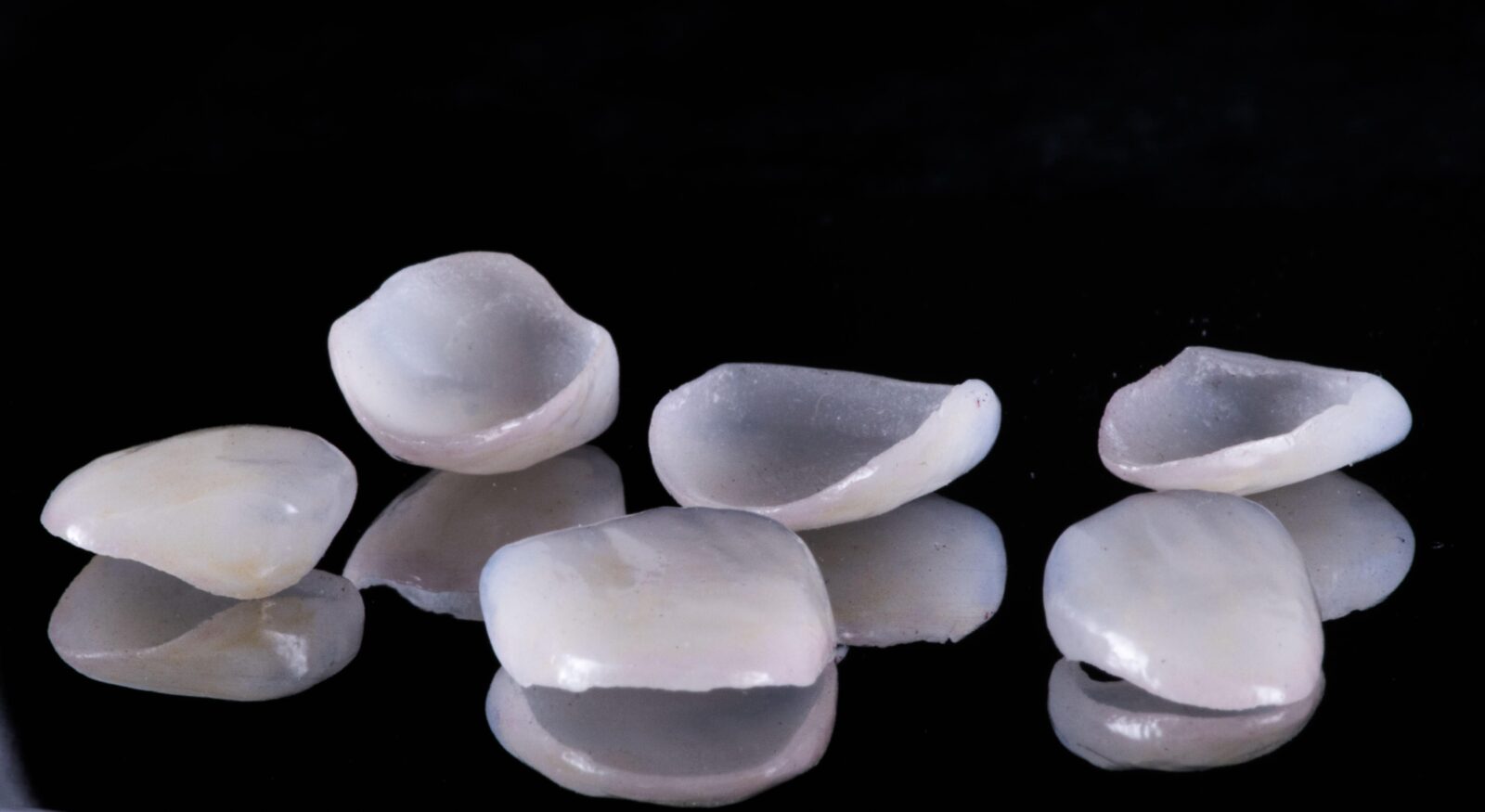Most people want a perfect smile. A beautiful, white smile can make you look younger and more attractive. If you are unhappy with the color of your teeth, you may want to consider dental veneers. Dental veneers are thin pieces of porcelain that are glued to the front of your teeth. They can fix a number of imperfections, including discoloration, chips, and cracks. However, they also require some care to keep them looking their best. In this blog post, we will discuss how to keep your veneers white.
What are Veneers?

Before getting into how to care for your veneers, we first need to understand some basic things about veneers. There are two types of veneers: composite and porcelain. Composite veneers are made of dental composite, which is a mixture of plastic and glass. This is the same material used for dental fillings, and it can be applied directly to the enamel with little to no preparation. However, composite veneers do not last as long as porcelain, and they are more likely to stain.
Veneers can also be made of porcelain, which is a strong and durable material. Porcelain veneers are fabricated in a dental laboratory and are bonded to the front of your teeth with a special adhesive. To fit properly, a thin layer of enamel will be removed first. Although porcelain veneers permanently alter the structure of your teeth, they last longer than composite veneers and are stain-resistant when cared for properly.
Both composite and porcelain veneers can be used to fix a number of cosmetic issues, including:
- Discoloration: If your teeth are stained or yellowed, veneers can help them look whiter.
- Chips: Veneers can be used to cover up small chips or cracks in your teeth.
- Misalignment: If your teeth are slightly misaligned, veneers can help give you a straighter smile.
- Spacing issues: If you have gaps between your teeth, veneers can be used to close them.
How to Keep Your Veneers White
Now that we know a little bit more about veneers, let’s discuss how to keep them looking their best. As mentioned above, composite veneers are more likely to stain than porcelain veneers, which is something to keep in mind when caring for your veneers. Here are some tips for keeping your veneers white:
Practice Good Oral Hygiene:
One of the most important things you can do to keep your veneers looking good is to practice good oral hygiene. This means brushing and flossing your teeth twice a day. Doing so removes excess plaque from the surface of your teeth and prevents it from hardening into tartar. Both plaque and tartar can collect colored pigments and make your veneers appear stained, so it is important to remove as much as possible with good oral hygiene.
Schedule Regular Teeth Cleanings:
In addition to practicing good oral hygiene daily, it is also important to see your dentist at least once every six months for teeth cleanings. During these appointments, your dentist will remove any plaque or tartar that has built up on your teeth. This can help prevent staining and keep your veneers looking their best. Cleanings also minimize the risk of tooth decay and gum disease.

Minimize Drinking Certain Beverages:
Some beverages can cause your veneers to become stained. These include coffee, tea, dark sodas, and red wine. If you do drink these beverages, be sure to brush your teeth afterwards. You can also rinse your mouth with water and/or use a straw to minimize contact with your veneers.
Use a Soft Bristled Toothbrush:
When brushing your teeth, be sure to use a soft bristled toothbrush. Using a toothbrush that is too hard can damage the porcelain on your veneers and cause them to stain easier. Using a soft bristled toothbrush will allow you to remove plaque effectively while also preventing your veneers from becoming damaged.
Wear a Night Guard:
If you grind your teeth at night, it can damage your veneers. Not only can teeth grinding lead to chips or cracks in the veneers, but it can also cause them to wear down prematurely. To protect your veneers, be sure to wear a night guard when you sleep.
In Conclusion
By following these tips, you can help keep your veneers looking their best. Dental veneers are a great way to improve the look of your smile. With proper care, they can last for many years. If you have any questions about dental veneers or how to care for them, be sure to ask your dentist. They will be able to give you more information and help you decide if veneers are right for you.
